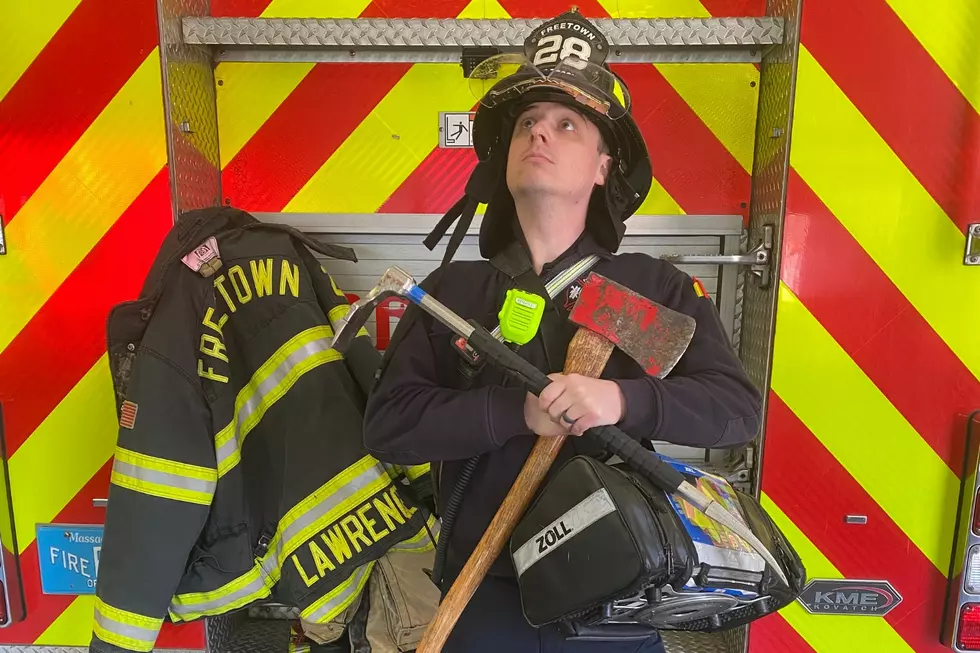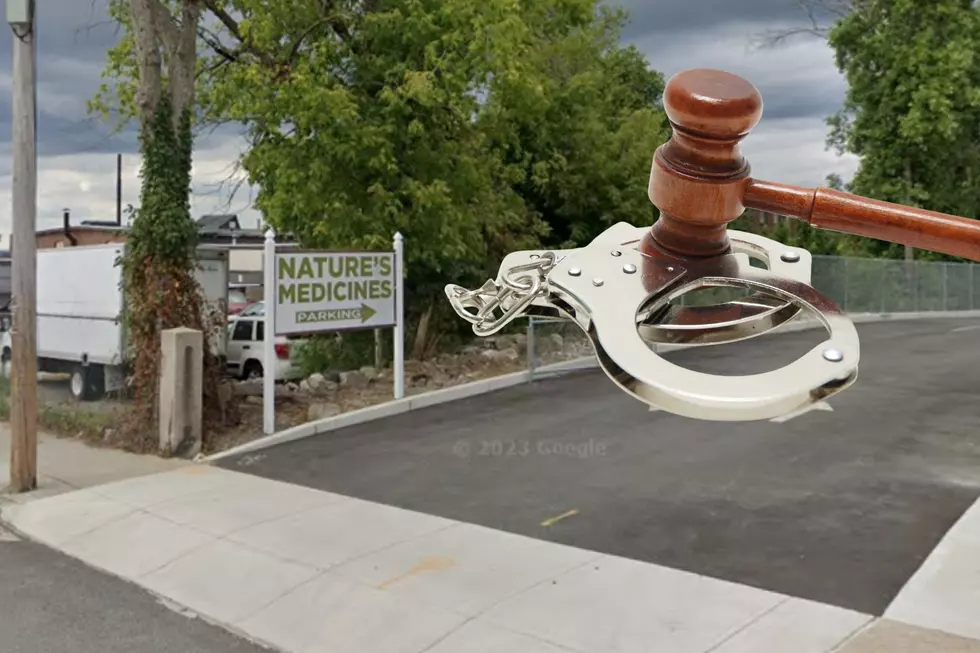
Reaching Americans With Low Social Trust
If you're an adult in America today, it's very likely that you're old enough to have lived through at least three major moments of national crisis: 9/11, the Great Recession, and the ongoing COVID-19 pandemic.
It's also very likely that you have observed how catastrophically poor America's once-trusted institutions, such as the government and mainstream media, have responded in these moments when people have needed them the most.
"When you look measures at how America has changed in the last 30 years, a very interesting one that doesn't get talked about so much is just a poll that asks what your trust in other people is and what your trust in institutions are," Williams said. "You go back to the '50s and '60s, these numbers are sky-high, 80 to 90 percent of Americans said, 'Yes, strangers in general are people you should trust in, society is something you should trust in, institutions are something you should trust in.'"

Today, Williams said, those numbers have been almost completely reversed to between only 20-30 percent of Americans who still have trust in America's institutions and trust in other people.
This figure, while obviously dire, actually feels too generous based on an anecdotal observation of today's society. The Gravel Institute was founded in part to reach people with low social trust and communicate left ideas in a way that is easily accessible and understandable.
The Gravel Institute is a nonprofit organization that spun off from the 2020 presidential campaign of the late U.S. Senator Mike Gravel. Sen. Gravel was a firebrand Democratic lawmaker who is best known for his crusading anti-war efforts in the upper chamber during the 1970s, which included declassifying the Pentagon Papers and fighting to end the military draft for the Vietnam War.
The Gravel Institute makes brief and easily watchable videos on its YouTube channel that educate people on the reasons why U.S. institutions are failing and that try to help them envision a future where America can and does meet people's most fundamental needs such as healthcare, education and housing.
When Williams joined me on-air, we discussed a lot, including why the conservative right has been more effective than mainstream liberals in reaching people with low social trust, how the internet has shaped political discourse, and the work The Gravel Institute is doing to educate people and combat right-wing disinformation. You can listen to the full conversation here:
See 20 Ways America Has Changed Since 9/11
More From WBSM-AM/AM 1420









